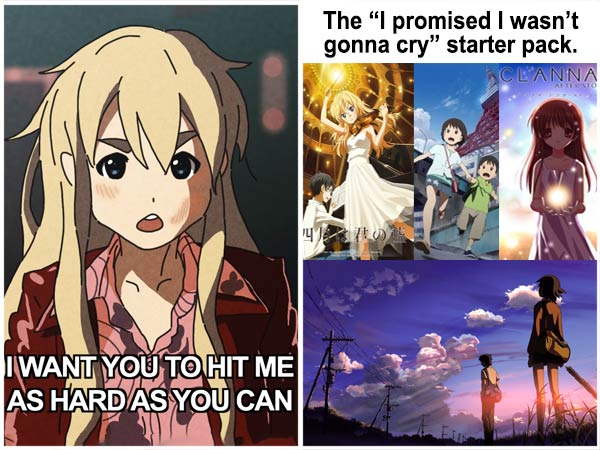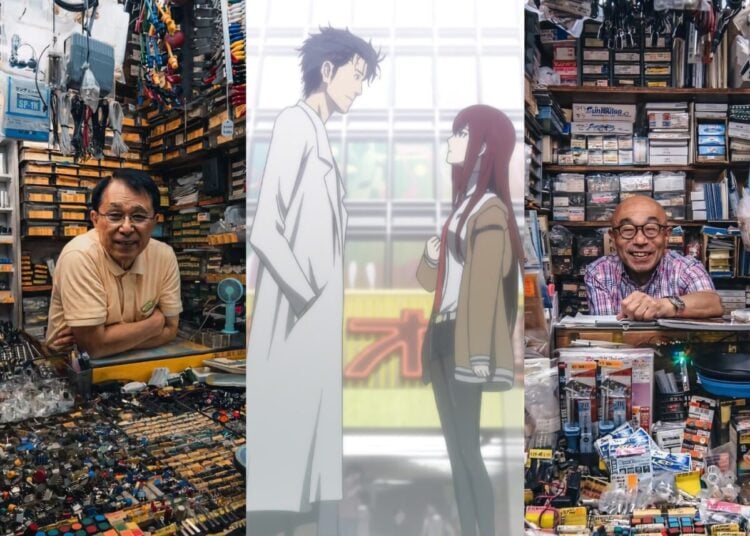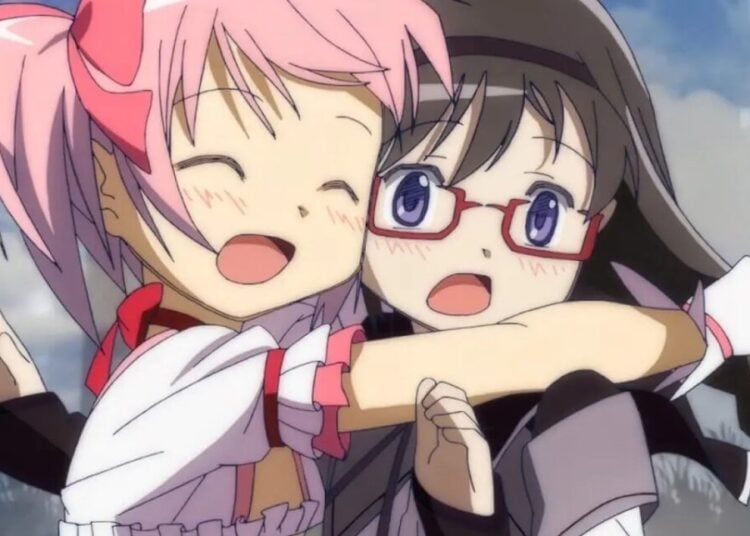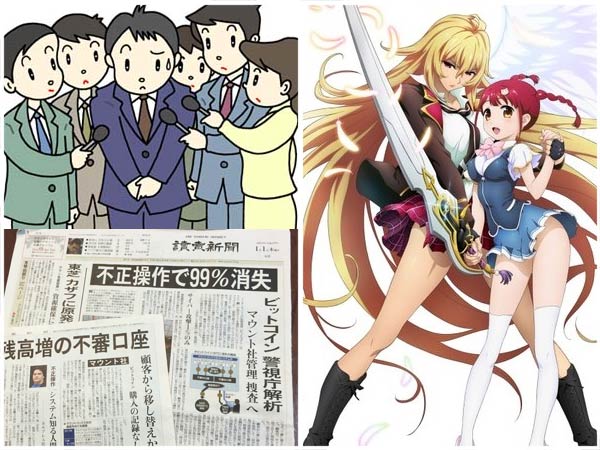We hope you’re enjoying the all-new J-List website. Just a reminder: certain products like magazine and snack subscriptions, iTunes cards and game downloads are still not up, but will be soon. For English visual novels and eroge via download, please visit JAST USA.
One thing I write about often is that anime succeeds because it allows viewers to tap strong emotions in a way that few other types of media can imitate. Whether it’s agonizing over the final scene with Menma’s ghost in AnoHana, riding the roller coaster that is a good Key anime like Clannad or Kanon, following the journey of Mirai and Yuki home after a terrible earthquake or waiting for the inevitable winding down of Isla’s 9-year lifespan in Plastic Memories, anime is able to make viewers care about characters in a way that seems impossible for Hollywood. I often find myself drawn to shows that tell a story in a realistic way, like Toradora, which features a scene in which the two characters try to elope…but nothing comes of their efforts because the real world doesn’t work like that. Another outstanding work is the film 5cm Per Second, about a boy and girl having a long-distance relationship, though of course real life isn’t a fairy-tale world, and this affects the outcome of the story. Which anime works have you been affected by?
One interesting theme that’s become common in anime recent years is 中二病 chunibyo, usually translated as “eighth graders’ disease” or “middle school second year syndrome.” It’s a reference to the way students in their second year of junior high school often create fantasy worlds inside their minds as a way of dealing with the stress of Japan’s strict education system and the changes that come with puberty. The term was coined in 1999 by comedian and talent Ijuin Hikaru who used the term to describe his own troubled years growing up. Themes of chunibyo are a big part of such series as Steins;Gate (Okabe’s Houin Kyouma persona), Suzumiya Haruhi and (of course) Love, Chunibyou and Other Delusions. Recently I was re-watching the classic film Fight Club and amused myself by viewing the film as a chunibyo story, which it kind of is.

This Wednesday, November 11, has been designated by the Ezaki Glico company as International Pocky and Pretz Day, since 11/11 looks like four Pocky sticks lined up, ready to be eaten. To help celebrate all Japanese snacks including Pocky and Pretz, Nestle Kit Kat and more, we’re having a big sale this week only. Get $11 off any order of Japanese snacks above $40 with code POCKY2016! (Good through next Monday).
















